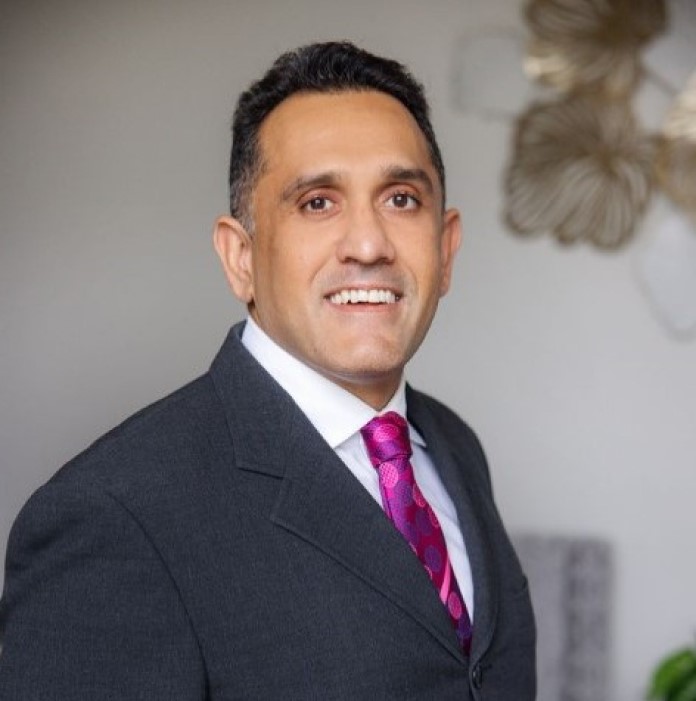Hair loss can be scary for both men and women. You might be realizing that you’re losing more hair than normal or not growing much hair.
Here are some facts. People lose about 100 hairs a day, but a healthy head quickly replaces them with new ones. However, this isn’t the case for everyone. Hair loss is commonly associated with just men, but women can experience it as well. The most common cause of hair loss, hereditary hair loss, affects around 80 million men AND women in the United States. Whether it’s a gradual thinning on top of the head, a sudden loosening of hair or patchy bald spots, hair loss can reveal itself in many different ways. Luckily, most causes of hair loss can be treated.
 WHAT’S CAUSING YOUR HAIR LOSS?
WHAT’S CAUSING YOUR HAIR LOSS?
Along with genetics, there are many other reasons you may start balding. Like most things in life, it can come on quickly or gradually. Now let’s get into some other factors:
Underlying Medical Conditions – Ringworm and Thyroid disease can cause your hormones to be unbalanced and lead to sudden hair loss. Other diseases, such as Lupus, can create scarring on the scalp leading to permanent hair loss.
Medication and Treatments – When taking a new medication or having a new treatment done, it is important to know all of the potential side effects and prepare yourself for potential hair loss.
Extreme Stress – Stress can play a tricky role when it comes to your hormones. When you experience a traumatic event you may lose hair from the effect it takes on your hormones. Hair follicles need oxygen, protein, vitamins and minerals to nourish cells — extreme stress can cause blood to divert from your skin to your muscles, resulting in a lack of nutrients to your hair.
Lifestyle Choices – Diet can play a huge role in your life, including your hair growth. Diets lacking protein, iron and key vitamins have been shown to thin hair. Along with excessive weight gain and rapid weight loss which can create deficiencies causing hair loss.
GOOD NEWS – 5 REMEDIES TO HELP RESTORE GROWTH
1. Massage: Stimulating the scalp through massage can prompt your hair follicles to grow newer, thicker strands — especially when combined with oils and masks. A nice, relaxing scalp massage can also help relieve tension and stress.
2. Coconut Milk/Oil: One of the leading causes of hair loss is a dry, damaged scalp, and coconut is known for its moisturizing ability. To prevent fall-out, try massaging coconut milk or oil into your roots and letting it sit for 10 minutes a day.
3. Aloe Vera: Aloe vera creates a healthy environment for hair to grow by soothing and calming a damaged scalp. It also helps clear out sebum, an oil that clogs follicles and prevents hair from growing back. Try massaging pure aloe vera gel directly onto your scalp. You can also find an aloe vera-based shampoo.
4. Onion: Studies have shown that onion juice helps stimulate the growth of hair follicles by improving circulation. Onions also promote collagen growth, and they contain antibacterial properties that treat scalp infections. Simply blend a few onions and squeeze out the juice. You can then add the juice to your scalp and hair and leave in for at least 15 minutes. Be sure to then shampoo normally to help wash out the smell.
5. Rosemary Oil: Rosemary is an essential oil with strong antiseptic properties, meaning it can help treat flaky scalp, dandruff and infections. Try mixing a few drops of rosemary oil with another oil (like coconut) and massaging it into your hair and scalp before rinsing. Doing this a few times a week has been shown to help promote hair growth.
If these remedies don’t work for you and you still struggle with hair loss, there are other options. Our Platelet-Rich Plasma therapy (PRP) can help you get to the root of the problem!
Why Platelet-Rich Plasma Therapy?
Helps Promote New Hair Growth
Uses Patient’s Own Healing System
Safe
Reliable
Also good for Injured Ligaments, Muscles and Joints
Call us today at (816) 214-5276 to schedule a free consultation or find out if you are a candidate for PRP therapy for hair loss.
Disclaimer: KC Wellness Center does not endorse any of the above, natural methods. All recommended methods, except our platelet-rich plasma therapy (PRP), have been sourced from healthline and Reader’s Digest.

Dr. Rahul Kapur, M.D. is a board-certified family medicine physician with a dedicated passion for integrative medicine and a deep knowledge of functional medicine. He was named intern of the year at Wesley Medical Center in Wichita, KS, and has been practicing as a hospitalist for over a decade. He has successfully helped many patients in Kansas City with his specialized IV bags, ketamine therapy, hormone optimization and weight loss therapy methods.

